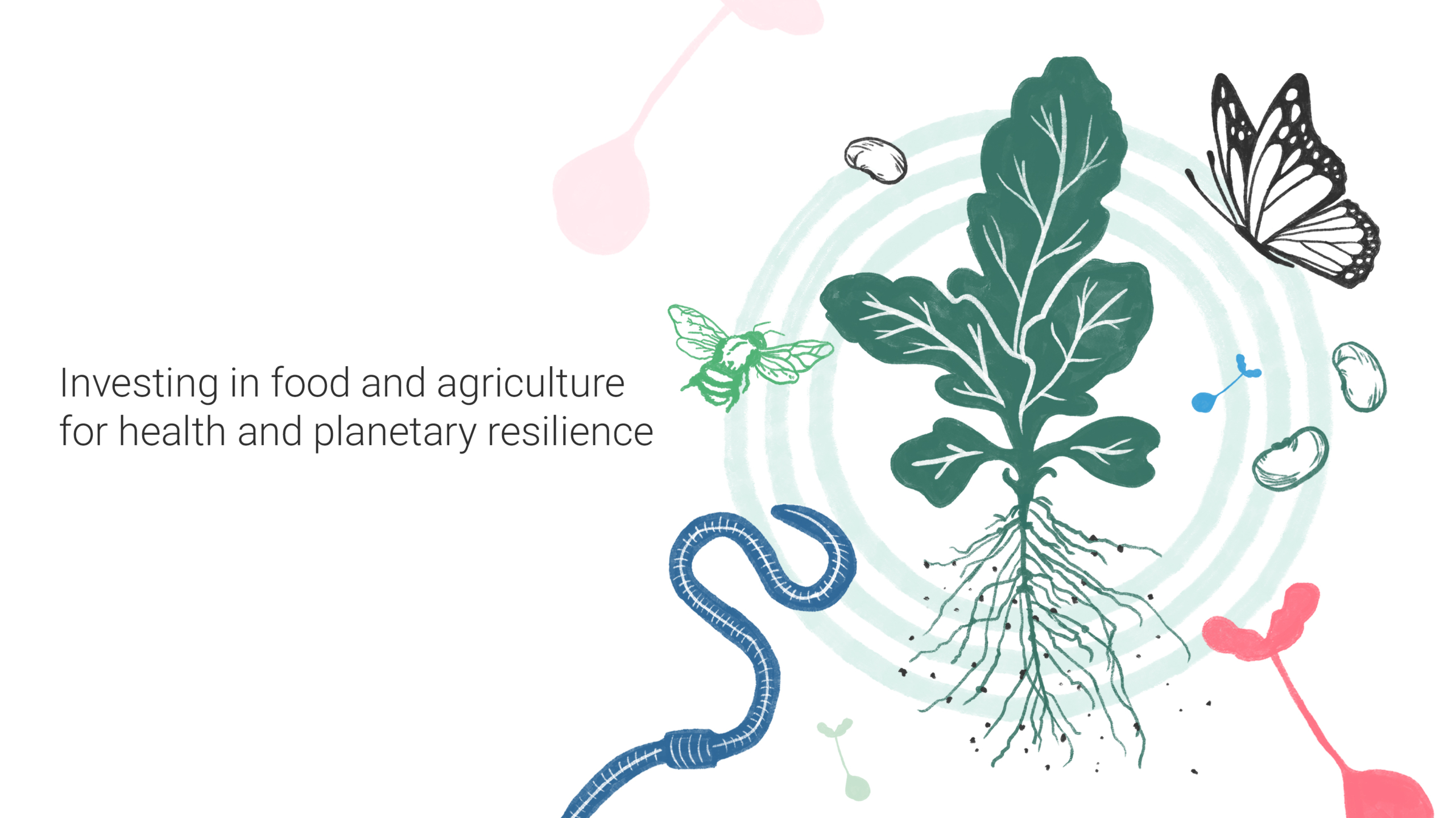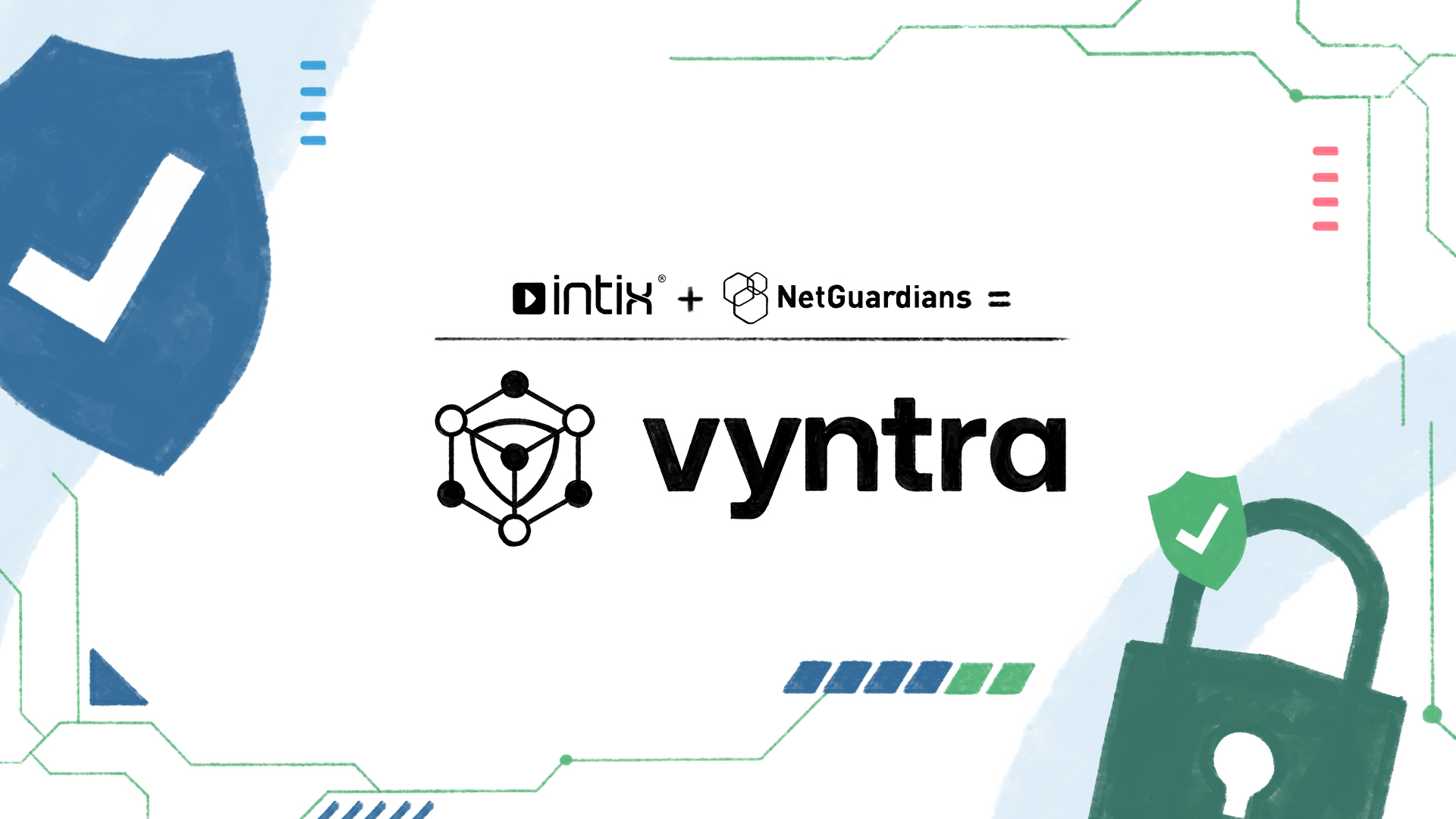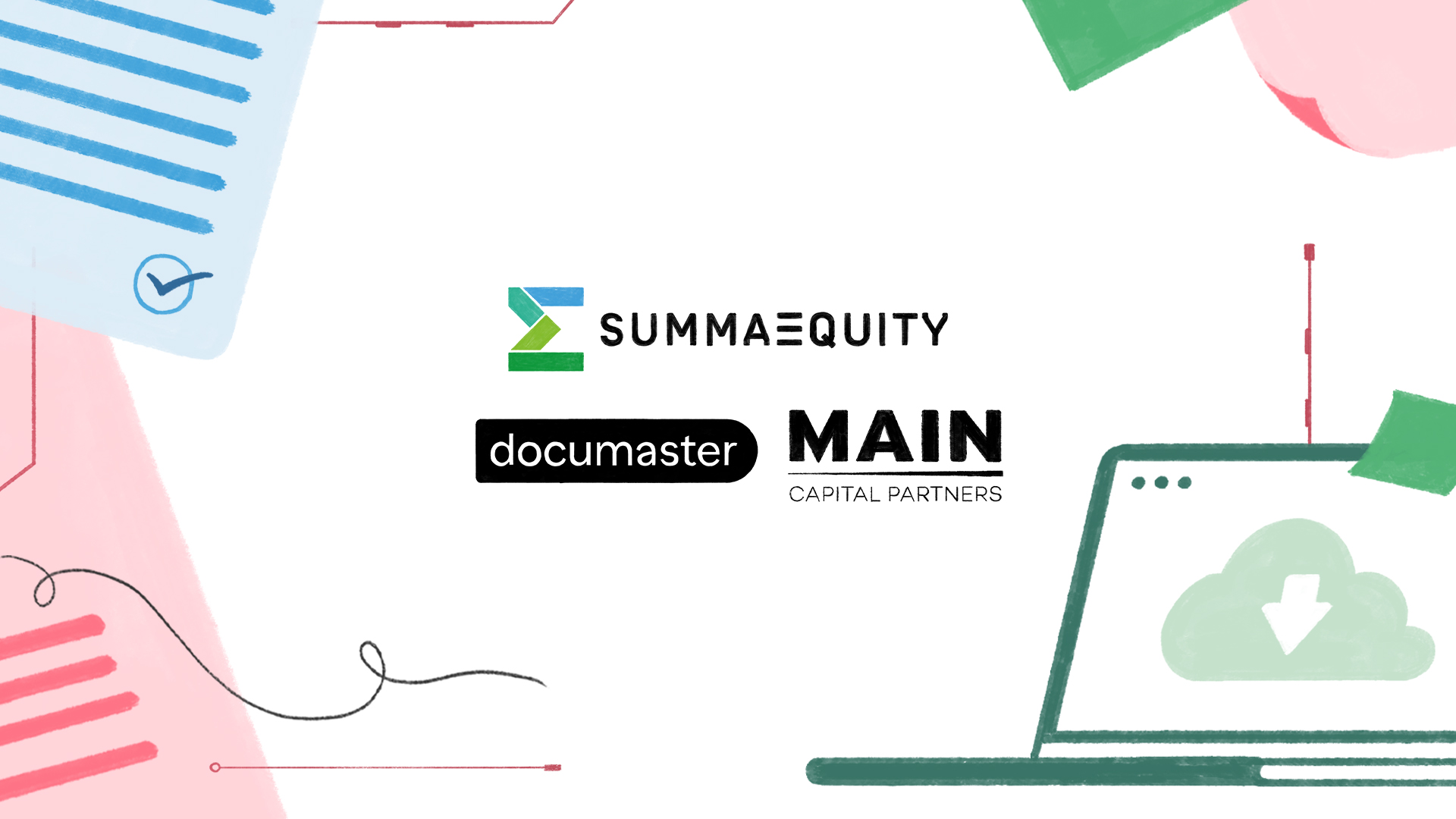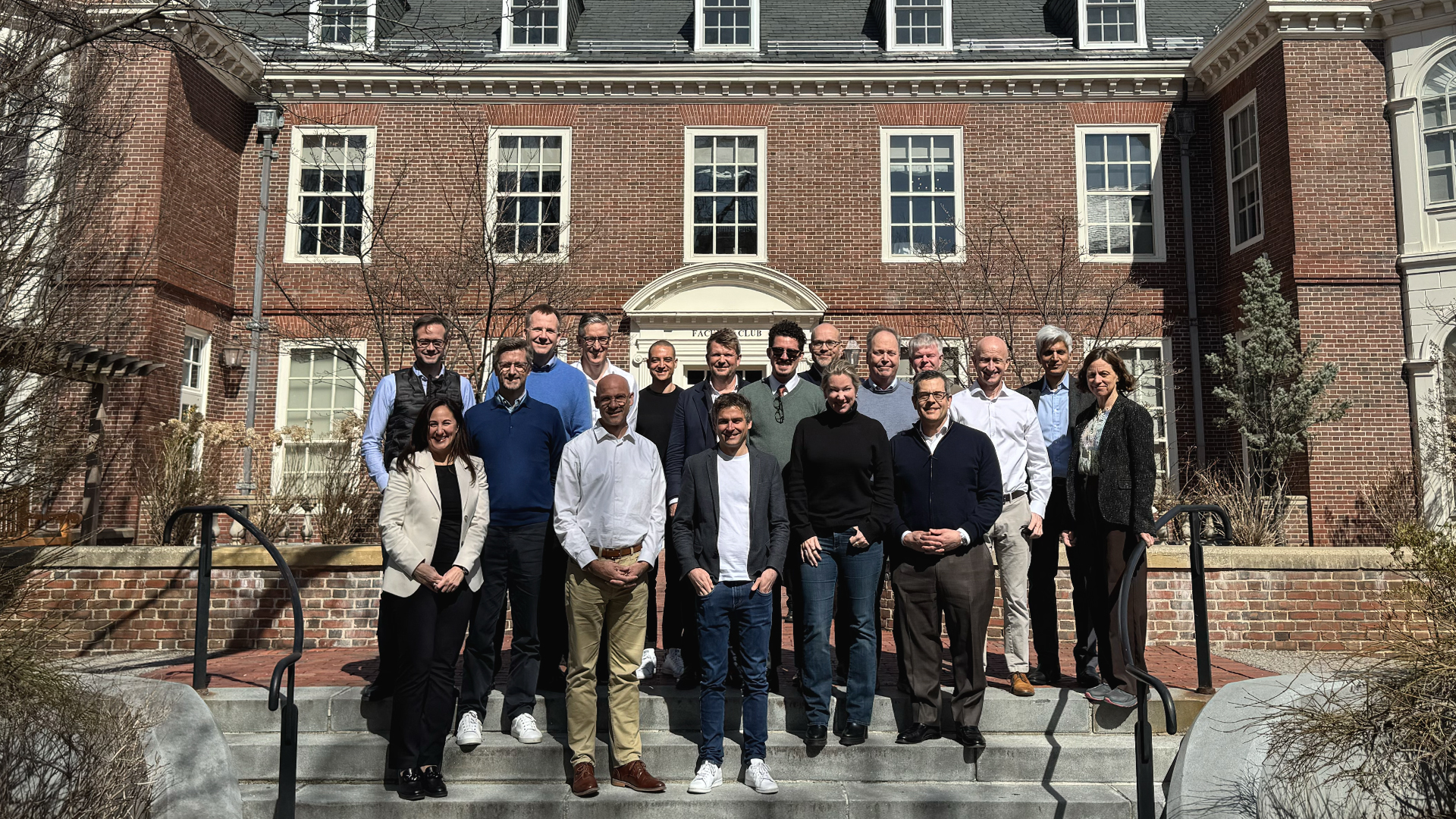Tackling the cognition crisis through digital medicine with Adam Gazzaley
Adam Gazzaley is a neuroscientist, neurologist, inventor, author, photographer, entrepreneur and investor. He’s also the creator of the world’s first digital medicine to be approved by the FDA to treat children with ADHD.
- Podcast
8 min read

Adam Gazzaley is a neuroscientist, neurologist, inventor, author, photographer, entrepreneur and investor. He’s also the creator of the world’s first digital medicine to be approved by the FDA to treat children with ADHD.
Why? Because the entire human race is in the midst of a cognition crisis and not enough is being done to tackle the issue and help the billions of people suffering with cognitive issues. How is he doing this? Through therapeutic video games that collects data about you in the moment, with sensor technology, performance metrics, emotional responses, body movements, and brain activity.
This data is then used to guide the environment in which you’re playing, so you experience both challenges and the rewards, bespoke to you, to improve your cognition. Think of it like sparring with the ultimate personal cognition trainer. But why experiential medicine? Because, says Adam, experiences are a powerful way of changing our brain.
What is digital medicine and who is it for?
The basic premise for the idea to tackle cognition, says Adam, e.g. improve our attention, our memory, perception, how we regulate our emotions, how we remember, our imagination, creativity, reasoning, decision making, even empathy and compassion, was rooted in the cold hard truth that as a race, we’re tragically lacking in improving these abilities.
“We’ve relied almost solely on what we think of as medicine as a drug, that there was somehow a pill that you could take and improve how your brain functions… The idea behind this digital medicine is that our brain, just like our body, is responsive to experiences.”
This is the whole basis of physical fitness, for example. People go to the gym and use weights, or run, to push their body, to challenge themselves to improve. Over time, the body responds and adapts, and you can push yourself further and harder. The same is true with cognitive fitness, says Adam. Our brains have this property called neuroplasticity, which means that if it’s challenged, it will improve its function.
“I was inspired by modern day technologies that I thought could deliver experiences in a very targeted way, that was accessible to more people to improve brain function.”
Transfer of benefits
The idea of using a video game is because people are known to engage in gaming, deeply, for a long period of time. There’s nothing magic about a video game, says Adam, it’s just that it is a fun, engaging way of delivering an experience that millions of people around the world engage in daily. And the more the team researched their digital medicine, the more they saw players’ cognition not just improving, but there was an improvement transfer outside of the game itself.
“That led to the long path that eventually took us to a game that has now been proved to improve (and approved by the FDA) to increase attention abilities in children that are suffering from Attention Deficit Disorder, ADHD.”
Which does beg the question – have modern day technologies led to attention deficits? No, says Adam, even without people engaging in all things digital on a daily basis, there would still be spectrums of ADHD.
The cognition crisis
The cognition crisis is a term Adam uses to broaden the discussion beyond what is often referred to as the mental health crisis.
“When I use the term cognition crisis, I am trying to broaden the conversation beyond the clinical, to something that I think is an impairment and a challenge for our entire species, that we have not really leveled up our minds.”
We have not developed tools to improve our ability to regulate emotionally, to improve our perception, or our memory, says Adam. We haven’t been trying to find ways to increase our cognitive functions to a higher level, and for that we’re paying a great price.
“All you have to do is read the Daily News to recognise that we are challenged when it comes to long term thinking, critical thinking, analytical decision making, and empathic concern for others. And as long as we have these problems and have not advanced our minds in this way, we will never effectively address other crises, like climate change, for example.”
Adam’s drive to find a solution is borne out of frustration with the lack of development of technologies or medicines to help patients with memory impairment, or other aspects of cognition, not just dementia, but across all of neurology and psychiatry. We simply don’t have the type of treatments we should have by now.
“You see these amazing breakthroughs in cardiology, oncology, and infectious disease. Those same innovations and breakthroughs that we’ve seen in other fields are not occurring for the fields that are there to help treat our minds.”
Why we need a multi-modal approach
The brain is really complicated, says Adam, and while that seems like a silly thing to say, it’s true, and it can’t simply be fixed with a magic pill. To improve the brain, it’s going to require a multi-modal approach, one where both drugs and experiences will play a role.
“We need to expand the tools that we consider to improve the function of something as complex as the human brain and mind. That includes all new technologies. I see a future where all of these tools work together to solve this crisis that we’re suffering.”
A huge part of the cognition crisis itself, says Adam, is directly related to loving each other. Our empathy and compassion are really impaired right now, yet we should be prioritizing our ability to value love, as seriously as we value dollars. Because, continues Adam, if we aren’t teaching our children to understand empathy and compassion, like they understand geography and math, for example, how can we expect them to develop into people who care about their world?
The enduring nature of experiential medicine
The idea of experiential medicine, says Adam, expands beyond digital medicine. The digital is the delivery of the experience, but the experience itself is the medicine, and experiential medicine has been around thousands of years. Meditation and mindfulness practices in multiple cultures around the world are examples of experiential medicine, they weren’t just developed for enlightenment, they were used to reduce human suffering.
Experiential medicine delivered through digital technologies is a really interesting opportunity, says Adam, that it can induce change is not surprising given neuroplasticity is one of the fundamental tenets of modern day neuroscience. And what he’s seeing is that the effects of it are both meaningful and also sustainable.
“For example, attention deficit disorder, you take a pill like Adderall, you’re a 12 year old, you have some benefits, maybe you’re less impulsive, you sit a little more quietly in class, your teachers are happy. You stop taking it the next day, you’re back to where you were before, these effects are not changing the brain in any way that is sustainable.”
If you engage in an experience as medicine, says Adam, and harness your brain’s ability to induce changes in neurophysiology and network function, these changes will endure.
Adam’s advice to parents
As a dad of a two year old daughter himself, Adam has seen first hand the challenges that every parent faces if their child has any exposure to videos. Yes, in the short term it can provide you with relief and some peace and quiet, but there is a price to pay because it is a high level of stimulation, and it will quickly become sought after as a reward system.
“It’s the same advice for everything. Moderation is key, and learning to create boundaries and control. And it’s hard to do. But if you lose control, not just with your children, but even yourself – if you don’t place boundaries around your technology, if you stay lost in your social media, in your email, you’re going to miss out on a lot of really amazing things in the world.”
That’s not to say we should be denying our children access to technology, that’s not the answer at all. But we all need boundaries, and we especially need to teach our children that they need boundaries when it comes to technology. And we need to help them create the structure for these boundaries, as well as implement them.
Live fearlessly and care more
The world, right now, needs more compassion and empathy, says Adam. Because with those as a foundation, everything else becomes more possible.
“When we don’t have empathic concern for others, whether we call it love or empathy, or caring, we don’t make the type of decisions that the world needs most right now.”
Adam’s advice to young people who are making choices to design their life work?
Don’t just think intellectually about your future, suggests Adam, but also think about how much fun a particular career path is, and how much enjoyment and pleasure it will give you. Because if you don’t align those three things: your skills, something that’s important, and something that actually gives you pleasure and enjoyment, your career is not going to be sustainable.
The Summa Summarum newsletter
Sign up to our newsletter
Latest readings
News
The case for scalable regenerative agriculture
Read more
Investing in food and agriculture for health and planetary resilience
Read more
NetGuardians and Intix unite to form Vyntra
Read more
Planetary boundaries as a guiding framework for sustainable growth
Read more
Summa Equity announces exit from Documaster
Read more